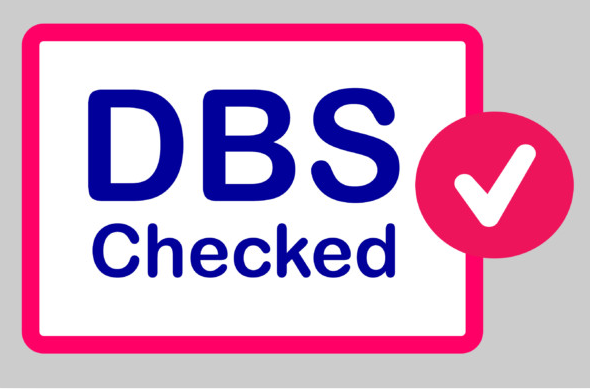Background checks are increasingly common for anyone looking for a job, voluntary position or some student placements in the UK. This is because all employers take seriously their duty of care to the general public, their own staff and their organizational reputation. While some job applicants may feel that a criminal record check is unnecessary for the type of position they’re applying for, there is always a good reason behind an employers’ requirement to have checks carried out. In the long run, the public, employee and employer are all in a better position due to the DBS checking system.
Criminal Record Disclosure
Criminal record checks in England and Wales are carried out by the Disclosure and Barring Service (DBS), which is part of the UK government Home Office. The Home Office is also responsible for the English and Welsh police services, and as such has unlimited access to the Police National Computer (PNC). This system was introduced in 1974 in order to collate criminal records from across the country, and is a powerful resource in the 21st century. The DBS can check very quickly what, if any, criminal record any individual has, making it an efficient and discreet means of disclosure.
Also introduced in 1974 was the Rehabilitation of Offenders Act (ROA). Among other things, this act protects individuals from being discriminated against for certain types of criminal record; in particular, for spent convictions. In most cases, even if an employer asks an individual to list any convictions on an application form, this will not include any spent convictions. This is because the law says that any sentence has been served (including fines paid); and this fact combined with the type of offence means that the applicant presents no threat to the public.
Basic and Standard Checks
As well as the protection afforded by the ROA, job applicants are not all required to undergo the same level of disclosure. Depending on certain factors, the DBS system is divided into basic, standard and enhanced disclosure. The Basic DBS check is requested by the individual themselves, and shows unspent convictions and cautions held on the PNC. As employers cannot ask for basic checks, they will usually require the applicant to produce a printed version as part of their application process.
The Standard DBS Check is quite different to the basic check. Firstly, this cannot be requested by the individual, but must be prompted by a prospective employer. In order to do this, employers have to satisfy strict criteria to satisfy the DBS that the job in question actually requires this level of check. Secondly, the standard check is much more in depth than the basic check; as well as unspent convictions, it will show all cautions, warnings and reprimands against a person’s name on the PNC.
Standard checks are favoured by financial and legal institutions, especially for applicants who are starting out in those professions; accountants, solicitors, barristers and financial workers will all face a Standard DBS Check before being admitted to their relevant institutions. Well publicised cases of fraud in the past have made such organizations understandably cautious about who they employ, as reputational damage can be fatal to such businesses.
Enhanced DBS Checks
At the top level of background disclosure is the enhanced DBS Check. Such checks are carried out on behalf of institutions responsible for the care of children and vulnerable adults. The enhanced check discloses everything in the standard check, but also has access to further information; in particular, the Children’s Barred List and Adult First list. If an applicant’s name appears on either of these lists, they will be unable to take a job in the relevant sector. Once on such a list, a person’s name will remain there for their lifetime.
It is sometimes the case that applicants will be barred from taking certain positions due to the physical environment in which they will be employed. As such, the actual position applied for may be irrelevant; the important factor is that vulnerable groups use a facility where a person happens to work. In this case, there is still opportunity for contact; for example, a porter or janitor’s job at a school or hospital may be unavailable for certain applicants, based on the enhanced DBS check. Reasons for this will be made clear to the applicant, so the DBS system is seen to be fair and transparent to all.
































